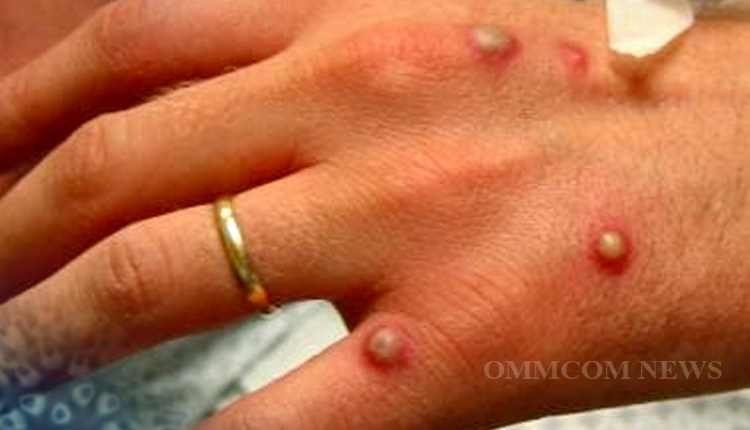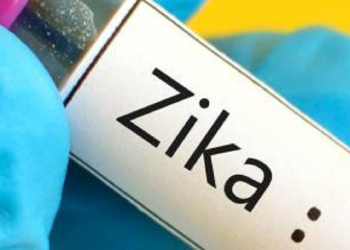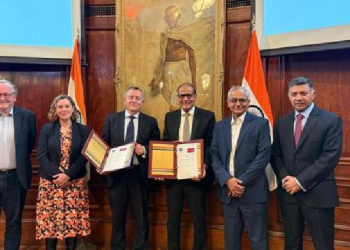New Delhi: While monkeypox virus has been detected in about 75 countries in just three months, it may not spread as fast as SARS-CoV-2, the virus behind Covid-19, a US infectious disease expert said.
The recent outbreak, first reported from the UK on May 7, has now more than 16,000 cases and five deaths in Africa; and is majorly among men who have sex with men.
According to Faheem Younus, Chief of Infectious Diseases from the University of Maryland, unlike Covid, which was airborne, monkeypox is harder to transmit.
Taking to Twitter, Faheem said: “Monkeypox requires close skin contact with lesions, fluid. Soiled surfaces and beddings are also a risk. (But) rarely respiratory droplets can transmit.”
Again, Covid is a novel virus, but monkeypox is not a new virus and importantly “we have available vaccines to fight it”. In the case of Covid, vaccines had to be developed.
“Covid is peculiar because it is a novel viral strain, easily transmissible through respiratory route, attacks a vital organ (lungs) and is deadly.
“If Covid is like a snake bite, monkeypox is like bed bugs,” the professor wrote on the microblogging site.
However, monkeypox is still “important and concerning, but not the same” as Covid.
Cautioning people to refrain from “falling for fear mongering”, he explained that to curb the recent outbreak, point-of-care testing must be made widely available as opposed to the current state where only specialised labs can perform the tests. As a result, the “turnaround times are many days allowing the disease to spread unchecked”.
He also suggested “strategic use of (ring) vaccination where outbreaks are identified”.
Ring vaccination, which has been used successfully to contain smallpox and Ebola outbreaks, means to vaccinate a “ring” of people around them rather than vaccinating an entire population, ideally within four days of exposure.
Further, Younus also projected that the cases will likely rise for months before they fall. The disease may also spread in specific groups and geographies.
However, he urged people to avoid “google experts; fear mongering, turning the infection into business; politicisation of the virus; stigmatisation of any group”.
He also lauded the World Health Organization’s recent move to declare the virus a public health emergency of international concern (PHEIC) as “the right precautionary step by WHO”.
(IANS)




















